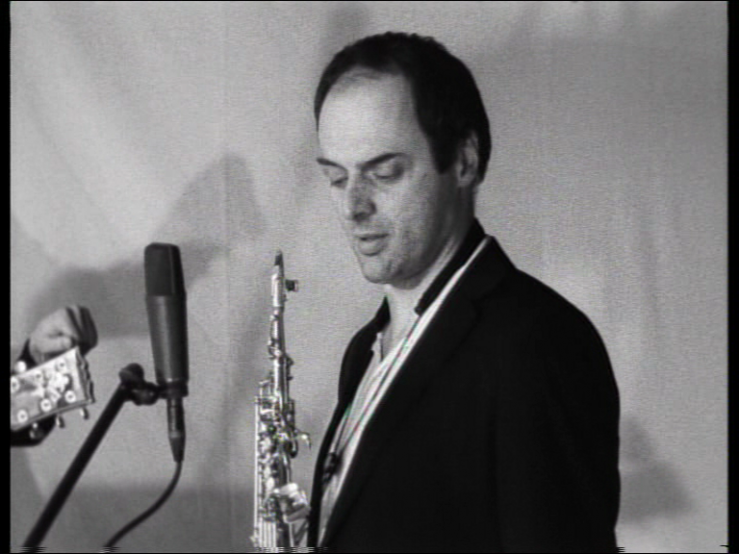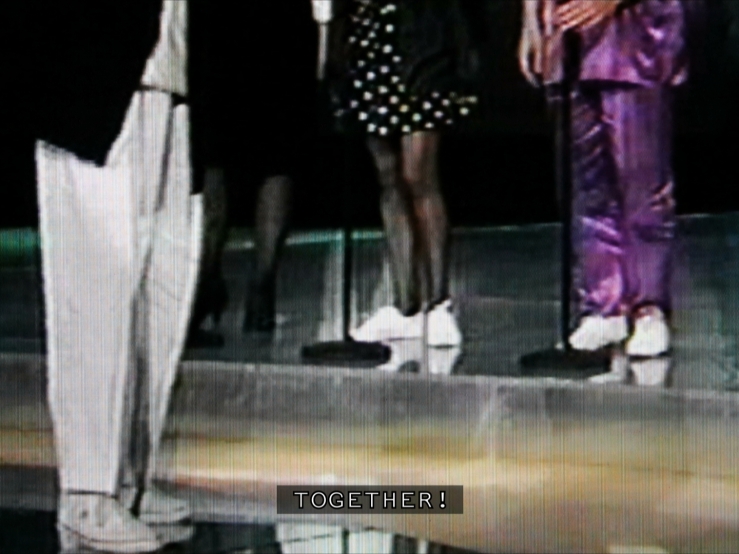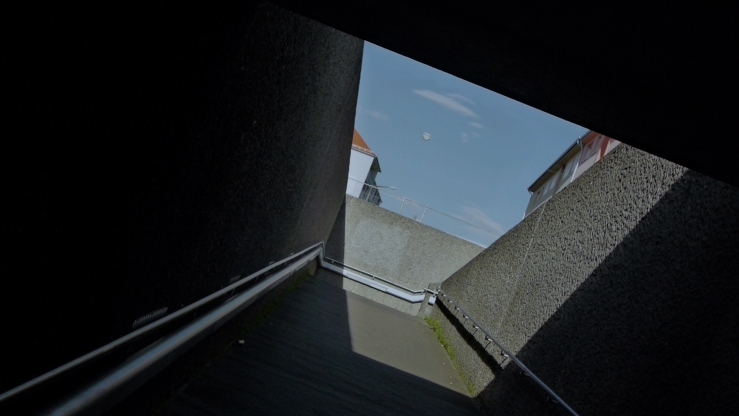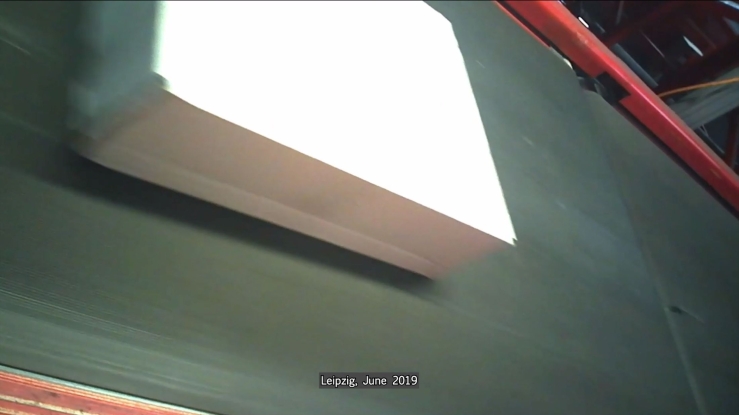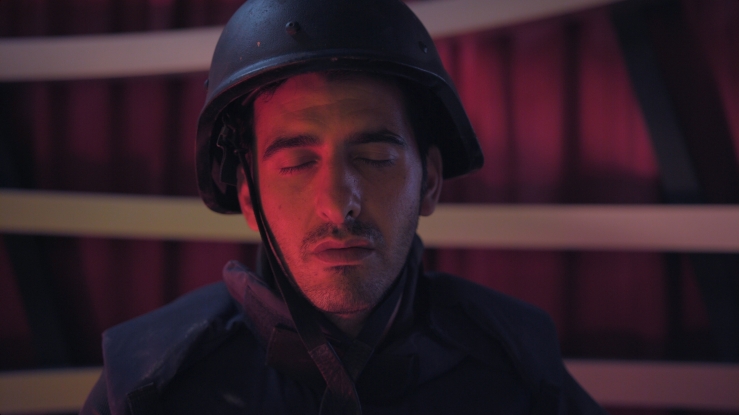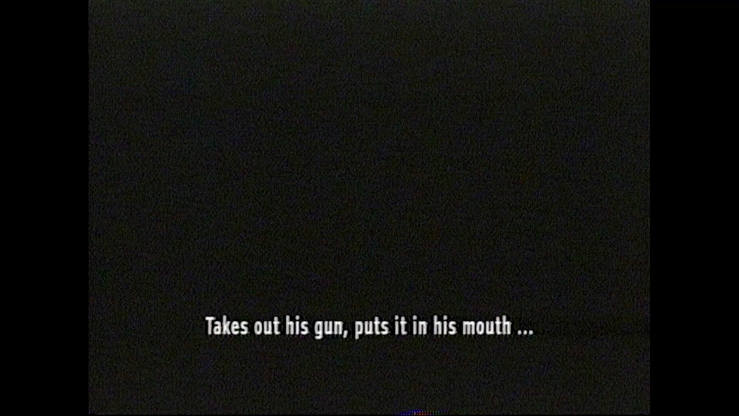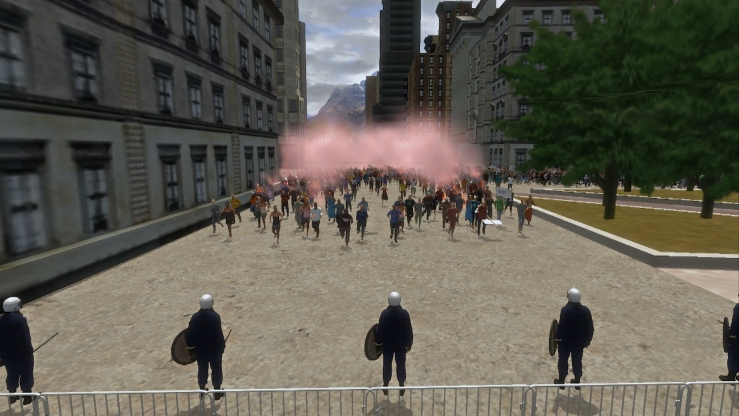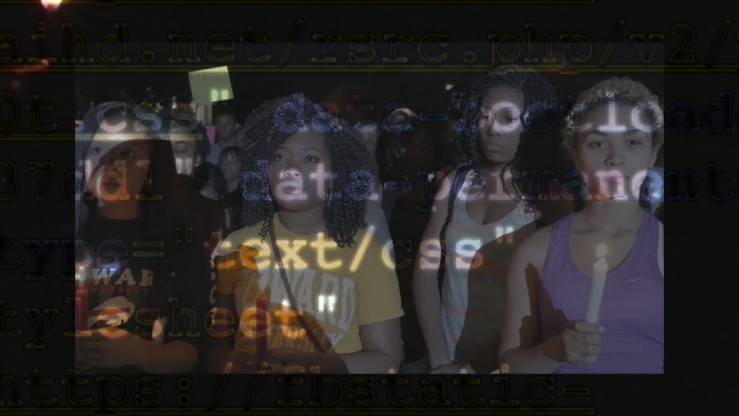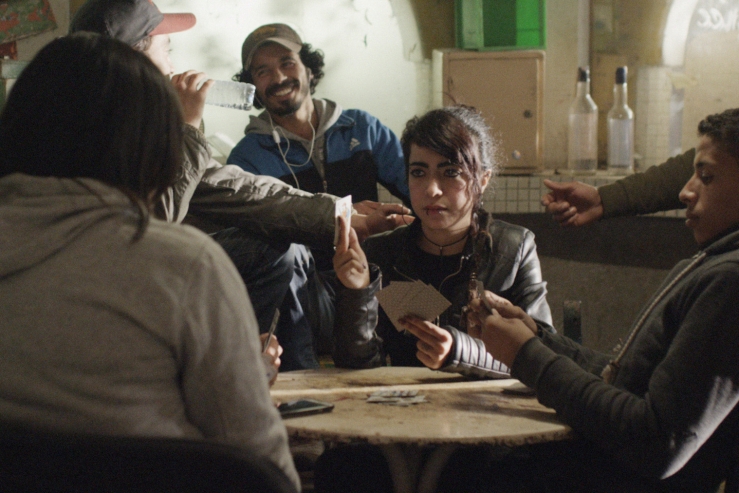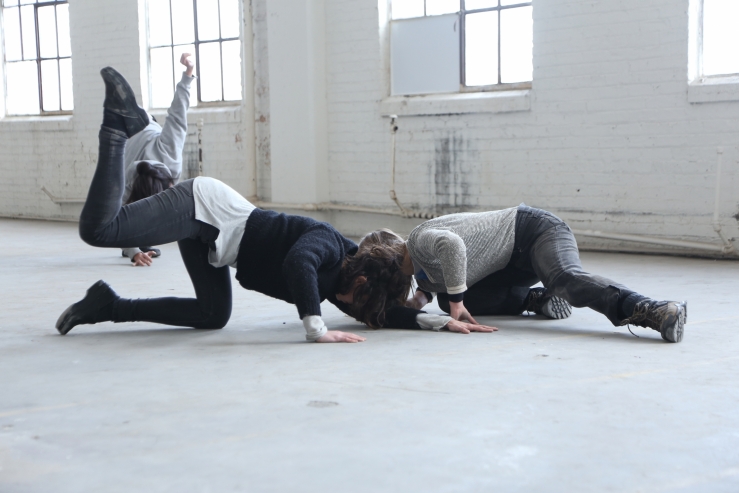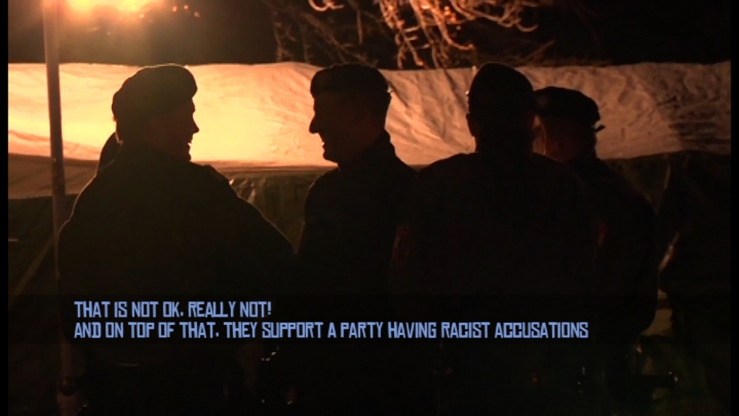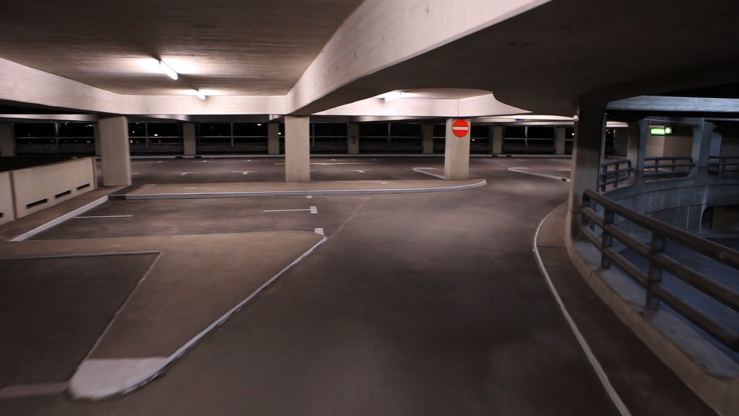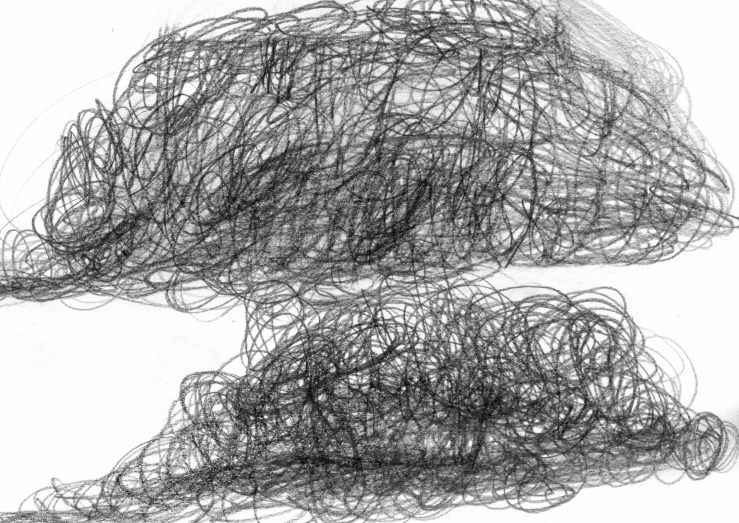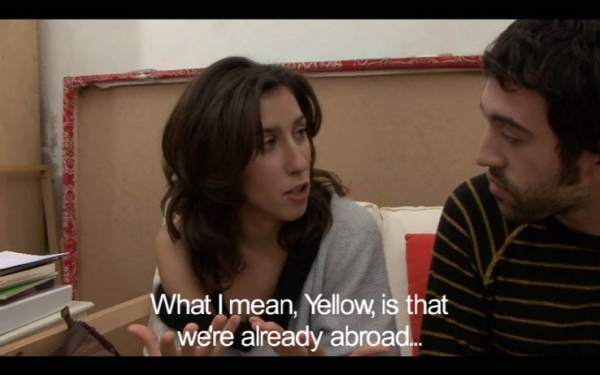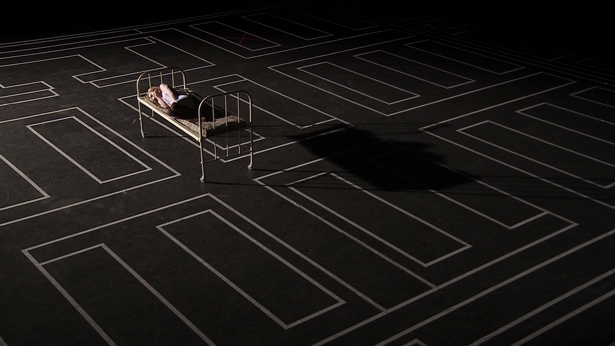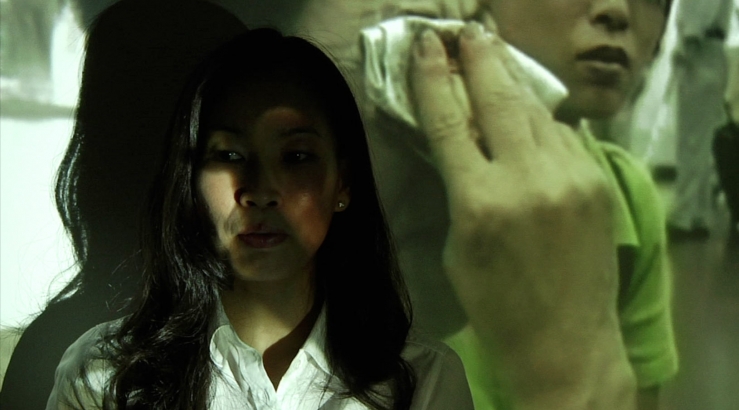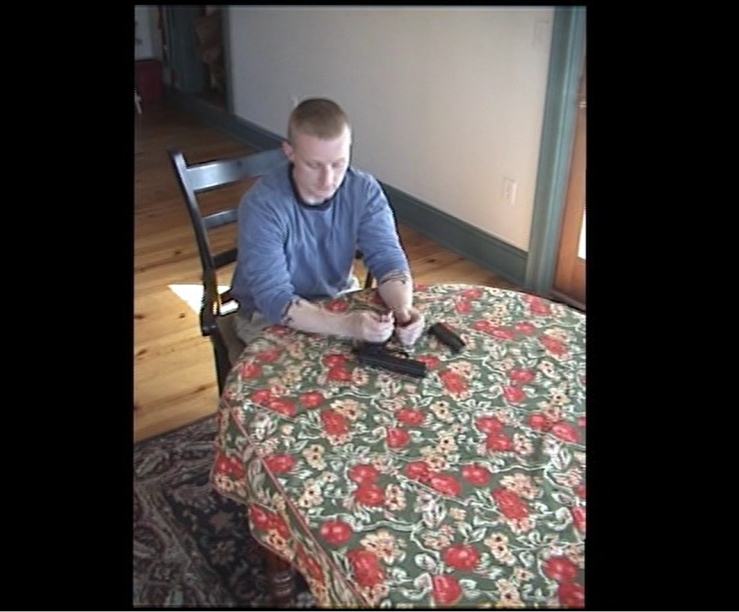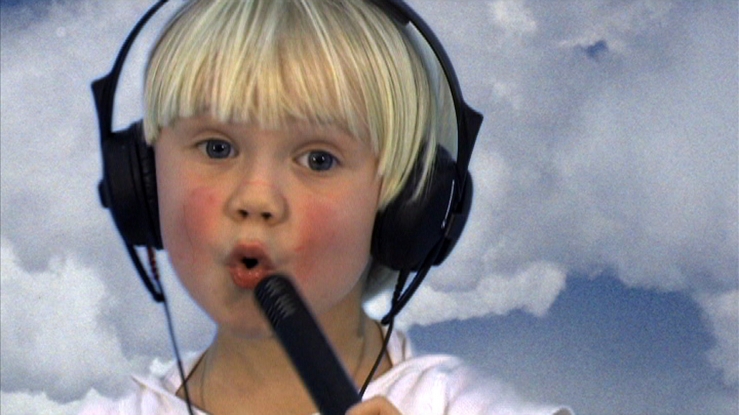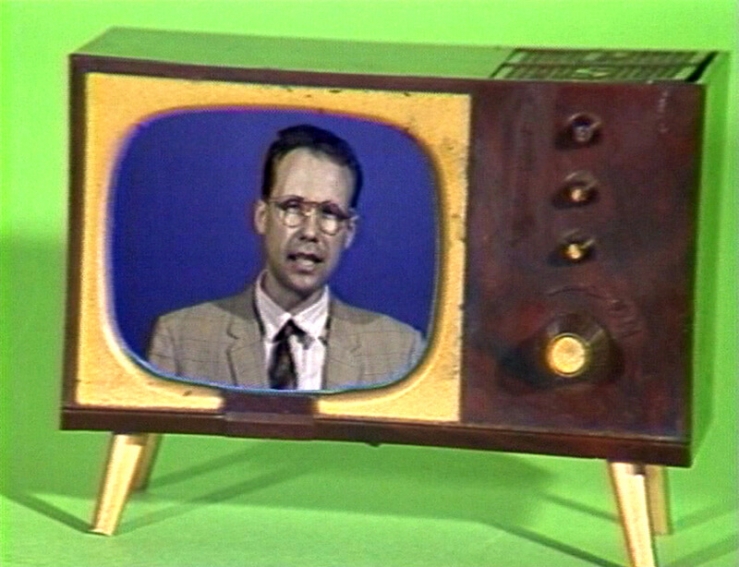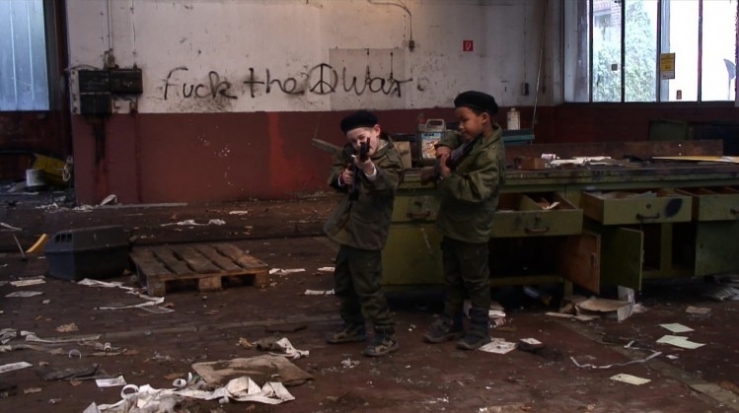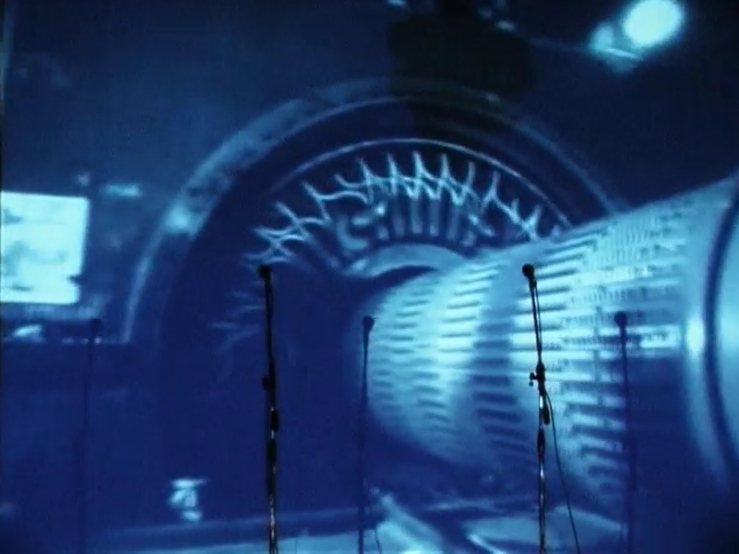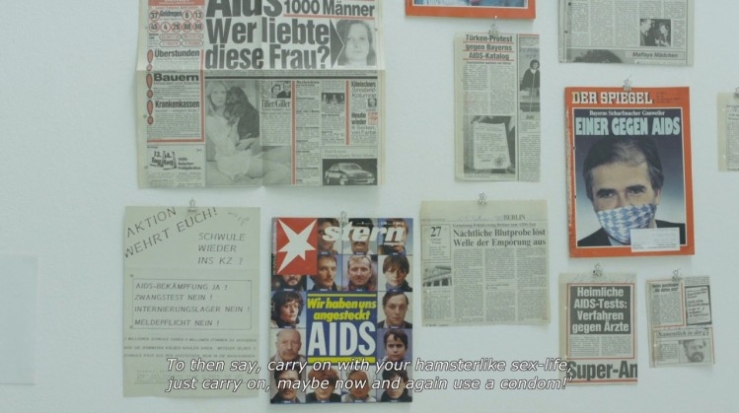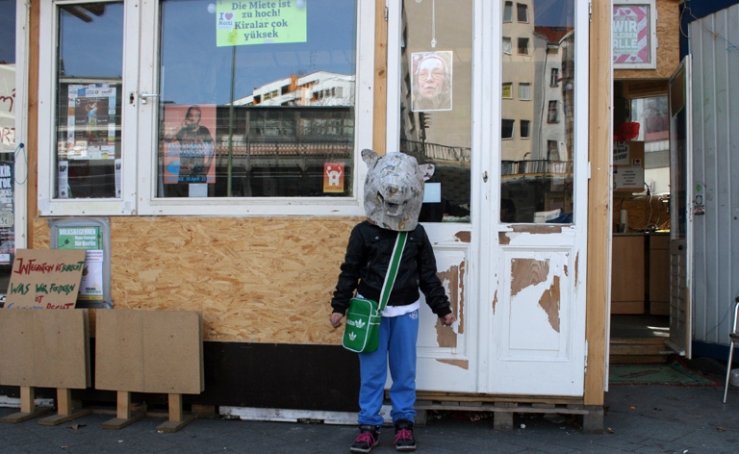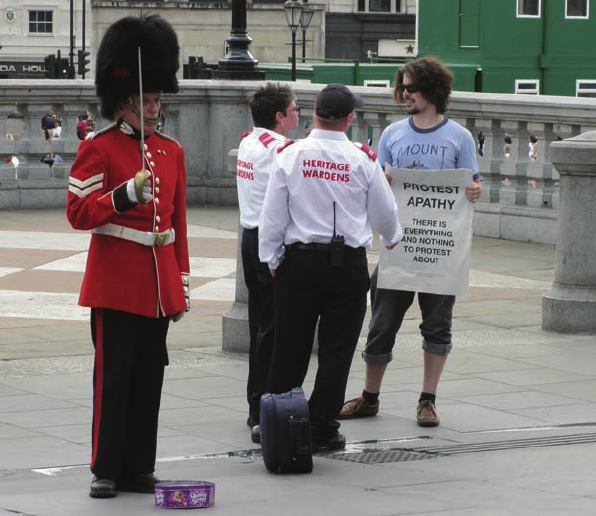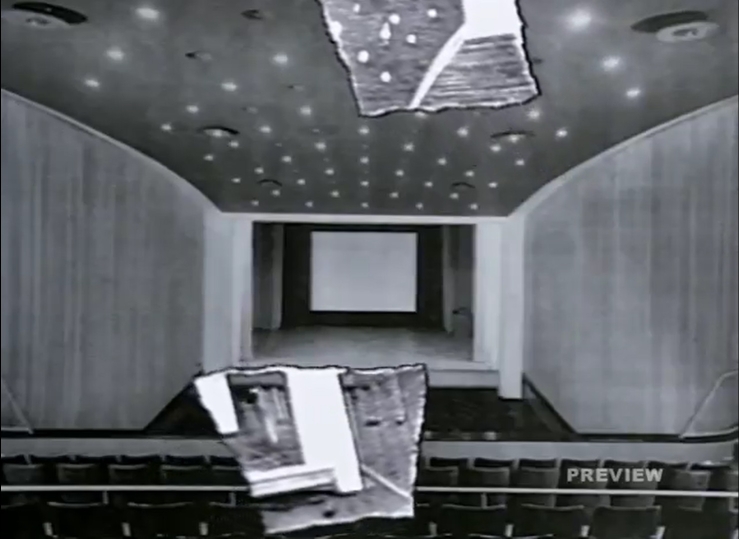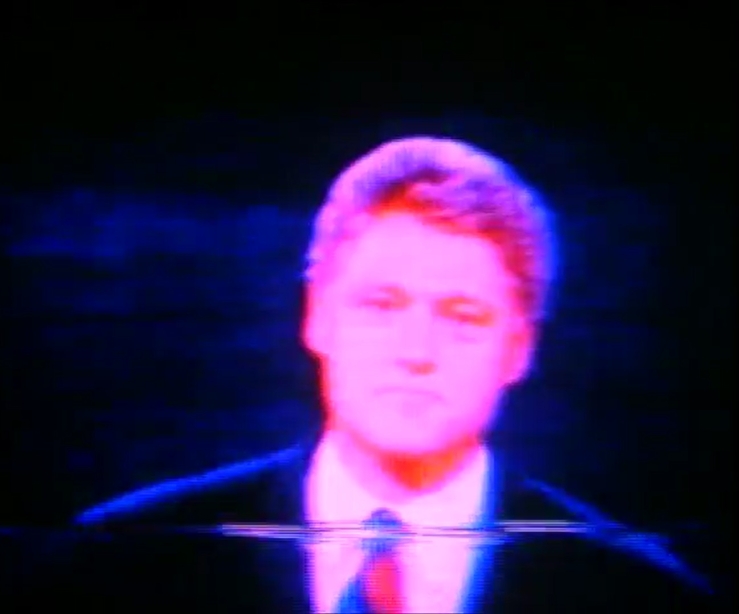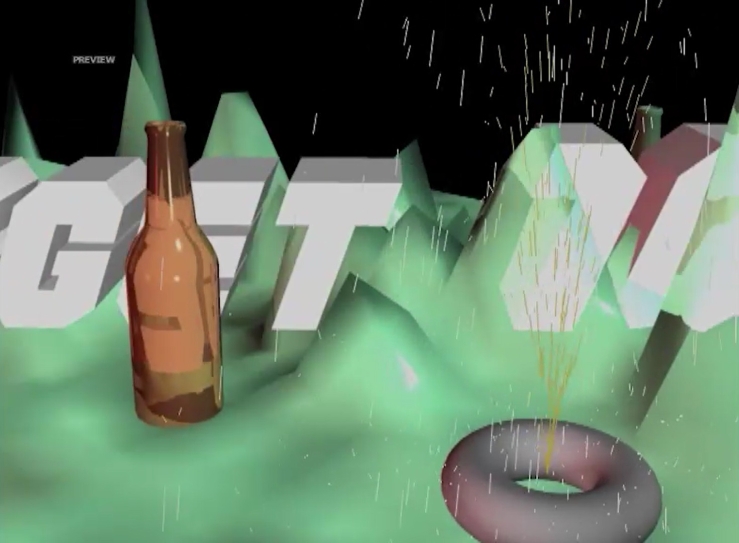Camp
Peter Freund's visual and literary collage combines two notions of the word 'camp'. A camp may signify a place where people are held together in a temporary shelter. Freund narrows down this meaning by using archive footage from Nazi camps and quotes from philosophers on the atrocities of WWII. The second meaning of camp, that of an aesthetic phenomenon marked by consciously artificial behavior, surfaces through a video potpourri of Busby Berkeley's 1943 movie The Gang's All Here with quotations from Oscar Wilde and Susan Sontag citations.
Three narrators deliver the literary quotes. The first narrator opens with a question that encapsulates the essence of Freund's intellectual inquiry: We don't want to be indifferent to fascism and concentration camps, but how can we talk about a tragedy that did not happen to us? In this light, the incongruity of Freund's collage ceases to be a mere brazen mismatch between the austerity of black-and-white footage from Auschwitz and the color overload of Berkeley's dance scenes. Perhaps the second meaning of camp can provide a way out of the impossibility of speaking about the concentration camp experience. If we narrate it as a melodrama, through tears and laughter, we will be able to relieve ourselves of this collective trauma of nazism. Won’t we? (Olena Chervonic)
About the video
About the artist
- 1960 in USA.
Studied at the University of Buffalo, USA, at the University of California at Berkeley, USA, at the American University Cairo, EGY, and at Cambridge University, GBR

